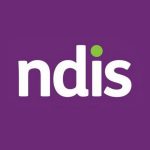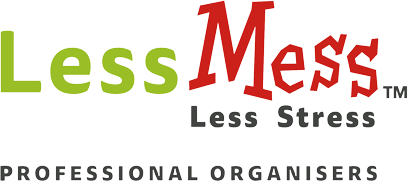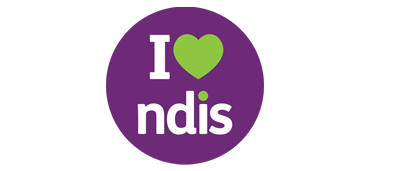The National Disability Insurance Scheme (NDIS) was initiated by the Australian Government for Australians with a disability, including people with intellectual, physical, sensory and psycho-social disabilities. It creates a managed market for disability services in Australia. The NDIS is established by the National Disability Insurance Scheme Act 2013. The NDIS commenced being rolled out nationally on 1 July 2016
NDIS
 The NDIS is meant to give participants more control over what services they hire and what providers they work with.
The NDIS is meant to give participants more control over what services they hire and what providers they work with.
This has worked for some – and not for others.
Professional Organisers do help people live independent lives, get around their homes easier and function in their households.
Because we are not a registered profession, accessing funding through the NDIS has been challenging.
I know very few POs – and all of them outside of NSW – that have gone down the route of being a registered service provider.
Because of the above-mentioned unregulated nature of our profession, but mostly because we can’t (currently) register for services in the ‘capacity building’ category, which means the hourly rate that gets covered by NDIS in the Home Help category, doesn’t cover our cost. (This conundrum is shared by a lot of suppliers – and makes it hard for participants to find a service.)
These are the three categories of funding:
- Self Managed: participant pays provider directly – and claims funding from NDIS. Provider will invoice client directly.
- Plan Managed: Plan Manager will pay provider. Provider will invoice NDIS directly using approved line items and pricing.
- NDIA Managed: providers will claim payment directly from NDIS plan based on active service bookings. Provider has to be an NDIS registered provider.
If you receive funding in the first tow categories, hiring a PO using your NDIS support is a possibility.
Proposal
Outline of the PO business
- business expertise
- certificate of currency for relevant insurance
- credentials of professional learning
- membership with a relevant professional industry representation
Outline of services to be carried out
- benefit for the client
- relevance for the client
- long and short-term goals as outlined in the client’s NDIS plan
- timeline
- costing
It does also help if other health services support this arrangement, like a letter of recommendation from an OT or geriatric specialist, to just name a few.




